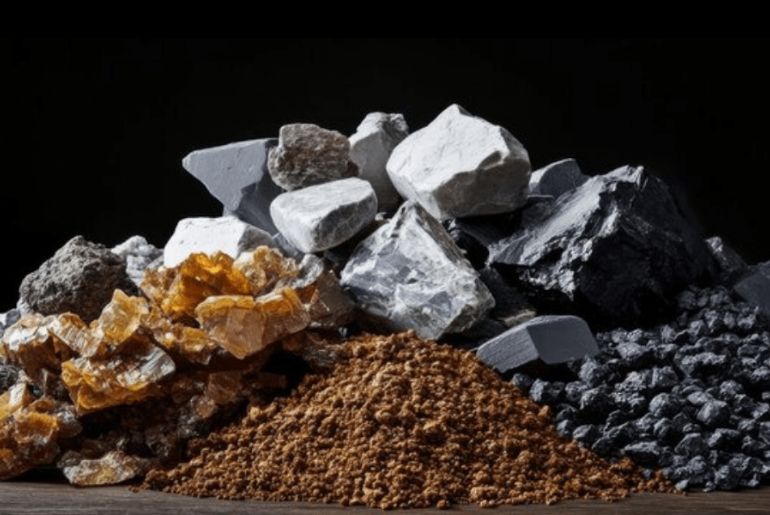In a landmark decision to accelerate India’s electric vehicle (EV) ambitions, the Union Cabinet has approved a ₹1,500 crore scheme aimed at boosting the recycling of critical minerals and reinforcing supply chain resilience for the country’s growing EV sector. The move is part of India’s broader strategy to enhance domestic capabilities in battery manufacturing, reduce dependency on imports, and ensure sustainable growth in electric mobility.
The initiative focuses on critical minerals such as lithium, cobalt, nickel, manganese, and rare earth elements—key components in EV batteries and energy storage systems. The scheme will fund the establishment of advanced recycling facilities, support research and innovation in sustainable extraction and processing methods, and incentivize private and public sector players to participate in creating a robust, end-to-end domestic supply chain.
With India targeting 30% EV adoption by 2030, the availability and sustainability of raw materials have emerged as crucial factors. The new policy aims to mitigate risks associated with global supply disruptions, ensure cost competitiveness for EV battery manufacturing, and support environmentally responsible recycling practices. By recovering valuable metals from spent batteries and industrial waste, the initiative will also help reduce the ecological footprint of the EV ecosystem.
Officials emphasized that this scheme aligns with the government’s “Make in India” and “Atmanirbhar Bharat” objectives, enabling India to become self-reliant in critical raw materials required for the transition to electric mobility. Additionally, it is expected to catalyze domestic manufacturing of EV batteries, promote circular economy practices, and create employment opportunities in technology-intensive sectors.
“This scheme marks a pivotal step toward India’s green mobility future. By securing sustainable access to critical minerals, we can accelerate EV manufacturing and reduce reliance on imports, making our electric mobility ambitions more resilient and scalable,” said a senior official from the Ministry of Heavy Industries.
Industry experts have welcomed the announcement, noting that a strong domestic recycling ecosystem will help lower production costs, improve battery life-cycle management, and enhance India’s competitiveness in the global EV market. Analysts also highlighted that the move could attract foreign investment in the EV sector, stimulate technological innovation, and contribute significantly to the country’s net-zero emission targets.
The Cabinet’s approval underscores India’s commitment to developing a holistic and sustainable EV ecosystem—from battery raw material sourcing and processing to end-of-life recycling—ensuring that the country remains on track to achieve its ambitious electrification goals in the transportation sector.

